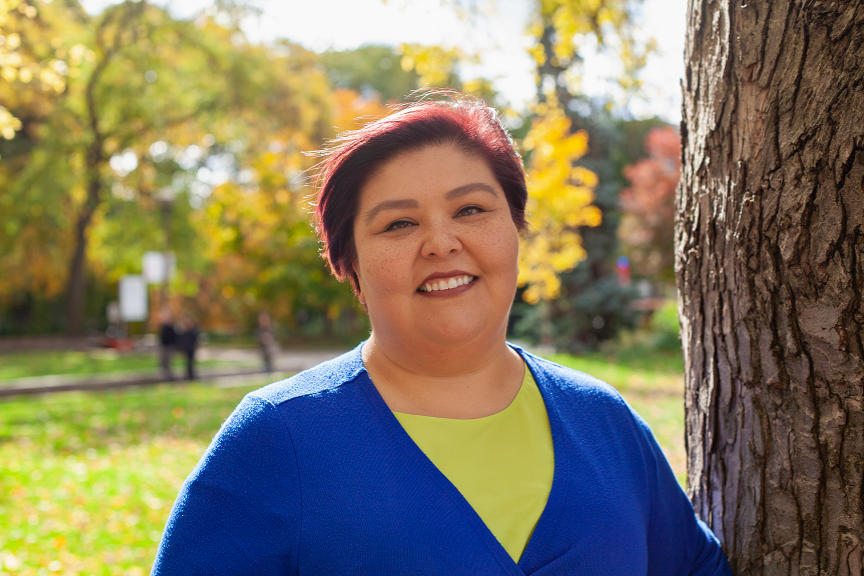Curriculum and Pedagogy
Program Overview
The Curriculum and Pedagogy (C&P) program is a forum for systematic reflection on curriculum and pedagogy, viewed in the broadest sense as educational experiences and the learning and teaching experiences that occur in both formal and informal settings. This includes a critical examination of the substance (subject matter, courses, programs of study), purposes, and the practices and relationships through which teaching and learning happen in educational settings. Given the diverse academic and research interests of faculty members, the program is organized into seven constituent but optional program emphases.
The C&P program offers the following seven program emphases:
- Arts in Education
- Critical Studies in Curriculum and Pedagogy
- Digital Technologies in Education
- Indigenous Education and Decolonization
- Qualitative Methodologies
- Science, Mathematics and Technology (SMT)
- Wellbeing
PhD, MA, and MEd students enrolled in C&P emphases are required to take three courses from a list of courses affiliated with the emphasis. Students who successfully complete emphasis coursework as part of their C&P degree requirements may request a letter of completion in the emphasis.
Quick Facts
| Domestic | International | |
|---|---|---|
| Application deadline | MA, MEd, PhD: Please see http://uoft.me/oisedeadlines | MA, MEd, PhD: Please see http://uoft.me/oisedeadlines |
| Minimum admission average | MA, MEd: Mid-B in final year of bachelor’s PhD:B+ average in Master’s | MA, MEd: Mid-B in final year of bachelor’s PhD:B+ average in Master’s |
| Direct entry option from bachelor's to PhD? | PhD: No | PhD: No |
| Is a supervisor identified before or after admission? | MA, PhD: After | MA, PhD: After |
| If a supervisor is identified after admission (as per question above), is admission conditional upon securing a supervisor? | MA, PhD: No | MA, PhD: No |
| Is a supervisor assigned by the graduate unit or secured by the applicant? | MA, PhD: Applicant | MA, PhD: Applicant |
| Are any standardized tests required/recommended? | MA, MEd, PhD: NA | MA, MEd, PhD: NA |

“I am supported by Indigenous faculty and peers in ways that were not possible in previous universities.”
- Sandi Wemigwase
- PhD, Social Justice Education
